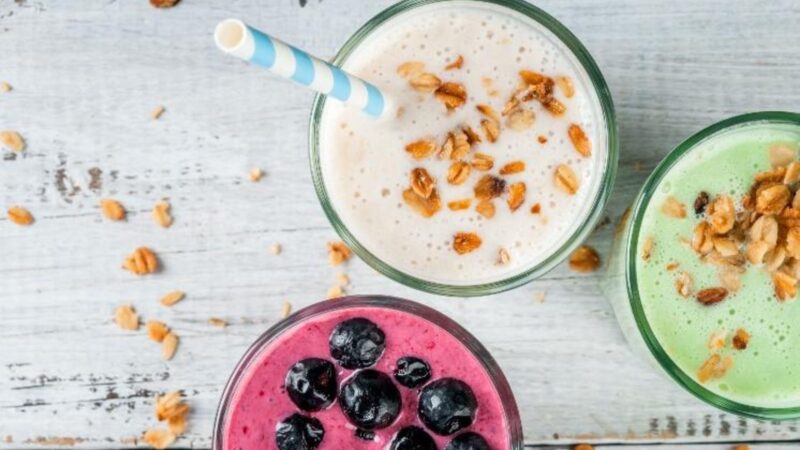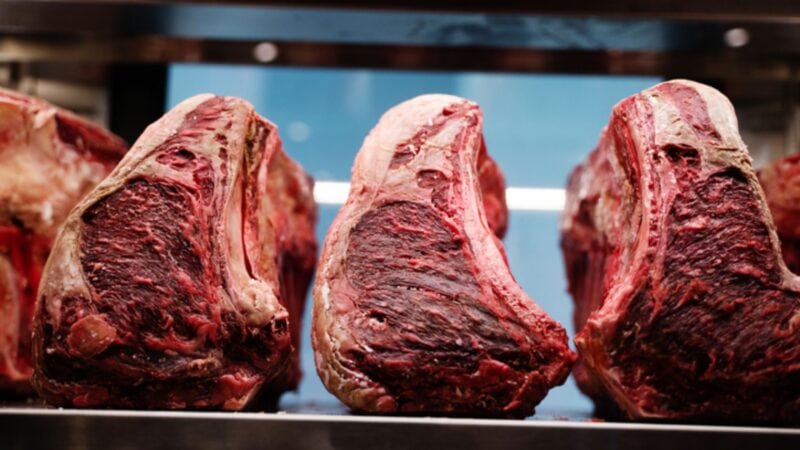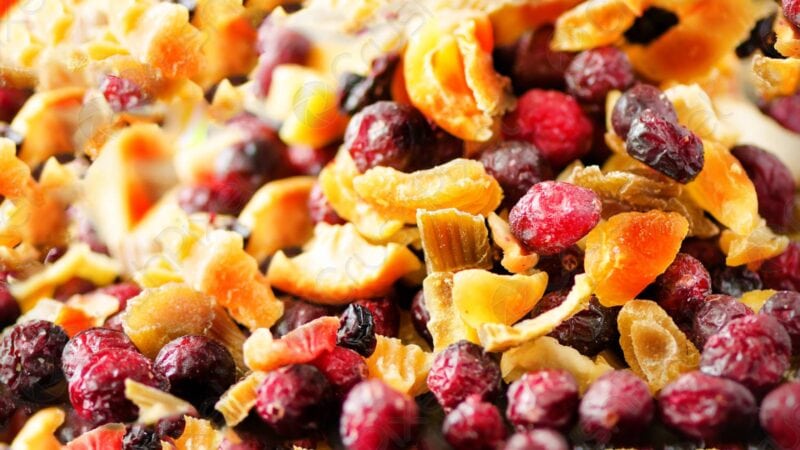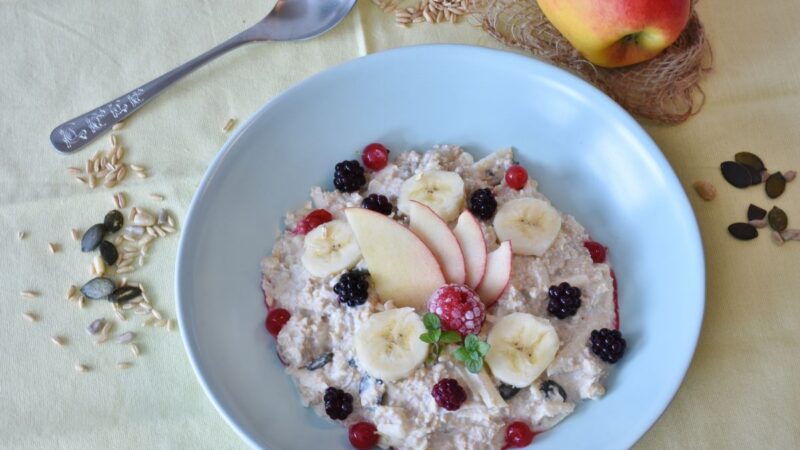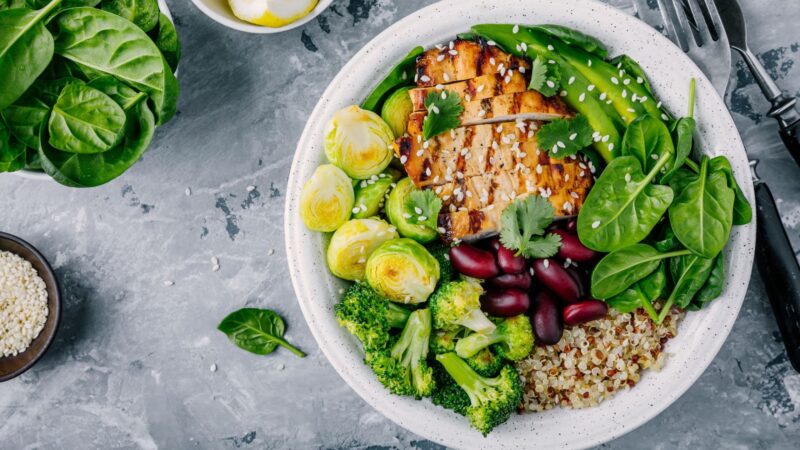5 Things to Avoid Eating (and Drinking) If You Have Arrhythmia
Arrhythmia is no joke. Considering any problem with the heart should be cause for concern, treating arrhythmia is crucial for survival.
If you’ve had a rhythm recognition test, such as an ECG, and been diagnosed with an arrhythmia, then there are several foods and drinks you must avoid. These foods and beverages can worsen the condition if you do not avoid them.
Unfortunately, several items on this list will be popular for most adults. We are not trying to be buzzkills, but we would let you know of them upfront so you can deal with the disappointment now instead of when you’re on bed rest at a hospital.
Follow along as we reveal the top things to avoid eating and drinking if you have an arrhythmia.
Drinks
Of everything on this list, these drinks can cause the most issues if you have an arrhythmia.
Anything With Caffeine and Sugar
Put your pitchforks down. Here’s the deal. Caffeine is one of many stimulants in the world that are readily available through coffee, soda, or energy drinks. But, unfortunately, drinking anything with caffeine is going to affect arrhythmia.
Caffeine can make these symptoms worse. Because caffeine is a stimulant, it speeds up your heart rate. It can also make it harder for your heart to pump blood. This additive can lead to dehydration and low blood pressure. Caffeine can also make arrhythmia worse by causing anxiety and making it hard to concentrate.
Sugar is not much better, unfortunately. Regarding arrhythmia, sugar is Public Enemy No. 1 because sugar can screw with the electrical signals that keep your heart beating correctly. When those signals get messed up, your heart can beat too fast, too slow, or erratically.
Sugar also promotes inflammation and oxidative stress—risk factors for arrhythmia.
If you are a regular consumer of caffeine and sugar and have been diagnosed with arrhythmia, you will need to reduce your intake to near zero. In addition, it is time to start drinking water.
Alcohol
Again, put the pitchforks down. It cannot be helped that two of the world’s biggest vices affect arrhythmia. Alcohol is another drink that can cause issues for anyone with an irregular heartbeat.
Alcohol is a depressant, which means it slows down your heart rate. As a result, drinking can cause your arrhythmia to become worse and can also lead to other heart problems.
Alcohol is also a diuretic, which causes the body to lose fluids. As a result, drinking can lead to dehydration, which can, in turn, lead to an irregular heartbeat.
Alcohol also interferes with how the body metabolizes medications used to treat arrhythmia, making them less effective. In addition, alcohol can trigger or worsen arrhythmia symptoms such as palpitations, high blood pressure, chest pain, and shortness of breath.
We hate to be the bearer of bad news, but at least we are upfront with you about what can cause trouble if you have an arrhythmia.
Foods
While the number of items you should avoid drinking is small, the list of foods to avoid is a bit longer. Unfortunately, listing these items might be considered blasphemous for those who love to eat. You have been warned.
Spicy Foods
Likely, you have never met a chicken wing you did not want to devour on sight. Of course, you might say the same for something from an Indian restaurant. But we are here to tell you that spicy foods may harm your arrhythmia.
Spicy foods can trigger heartburn. When you have heartburn, it means that stomach acid is flowing back up into your esophagus. Spices can cause the muscles in your esophagus to spasm, which can, in turn, trigger arrhythmia. If you frequently suffer from heartburn, you must talk to your doctor.
Spicy foods can also irritate the lining of the esophagus. When you eat spicy foods, the capsaicin in the peppers triggers a burning sensation. This is because capsaicin activates a heat-sensitive receptor called TRPV1. This receptor is also found in your esophagus, which is why you may experience a burning sensation in your chest after eating spicy foods.
While the burning sensation is usually temporary and not harmful, it can be uncomfortable. In addition, if you experience this sensation frequently, it could damage the lining of your esophagus and lead to other problems.
Spicy foods also increase acid production in the stomach, and acid reflux is a common trigger for arrhythmia.
Finally, spicy foods can stimulate the sympathetic nervous system, triggering an arrhythmia.
Fried Foods
Another favorite among many of you, unfortunately, but we pledged honesty to you from the beginning. Fried foods can aggravate arrhythmia in ways that will put you in the hospital if left unchecked.
When you eat fried foods, the high-fat content can cause problems with your arrhythmia. The fat can build up in your blood vessels and make it harder for your heart to pump blood. This can lead to a heart attack or stroke.
So, before you get firsts, seconds, or even thirds at the State Fair this year, know that all you are doing is causing a heart problem or making one worse. So, it is time to put down the french fries and say no to the funnel cake.
Processed Foods
If you’ve undergone a rhythm recognition test and been told you have an arrhythmia, you’ve probably been asked how much processed food makes up your diet. This is because processed foods can not only exacerbate arrhythmia but can also cause it.
Eating a lot of processed foods makes you more likely to develop the issue. That’s because processed foods are high in sodium and other ingredients, which can throw off your electrolyte balance and cause your heart to beat incorrectly.
Processed foods high in sodium are a gateway to a heart attack or stroke. Therefore, reducing your salt intake by not eating processed foods is wise.
Processed foods are also often high in sugar, leading to weight gain and increased inflammation. Both of these can contribute to the development of arrhythmia.
Besides salt and sugar, processed foods also include additives and artificial ingredients that can wreak havoc on your cardiovascular system. These ingredients can interact with your body unexpectedly and may contribute to arrhythmia.
These foods also tend to be low in heart-healthy ingredients like magnesium and potassium, which are crucial for overall heart health.
So if you want to keep your heart healthy, it’s best to stick to a diet of whole, unprocessed foods.
Conclusion
In some cases, an arrhythmia can be a harmless condition. But in other cases, it can be life-threatening. If you’ve had a rhythm recognition test and found out you have an arrhythmia, you are at greater risk for stroke and heart attack. Knowing what foods and drinks to avoid if you have this condition will prolong your life and allow your family more time with you.
Treating arrhythmia is also about keeping you out of the hospital. Hospital stays are expensive and can be lengthy if you have not taken care of yourself. You also risk your hospital stay turning into emergency surgery if you are not careful. We do not need to tell you this, but heart surgery is not a “procedure”—it is major surgery.
Treating your arrhythmia is about giving you more time. We hope that knowing what foods and drinks to avoid grants you those precious moments.

Deepa Mahar is an independent blogger and admin of DeepAdvices who is exploring the beauty of the blog writing from a variety of subjects and books to health, science and others. She believes the blog would be helpful to the reader in the context of knowledge. She is post-graduated with a degree of Biotechnology.


